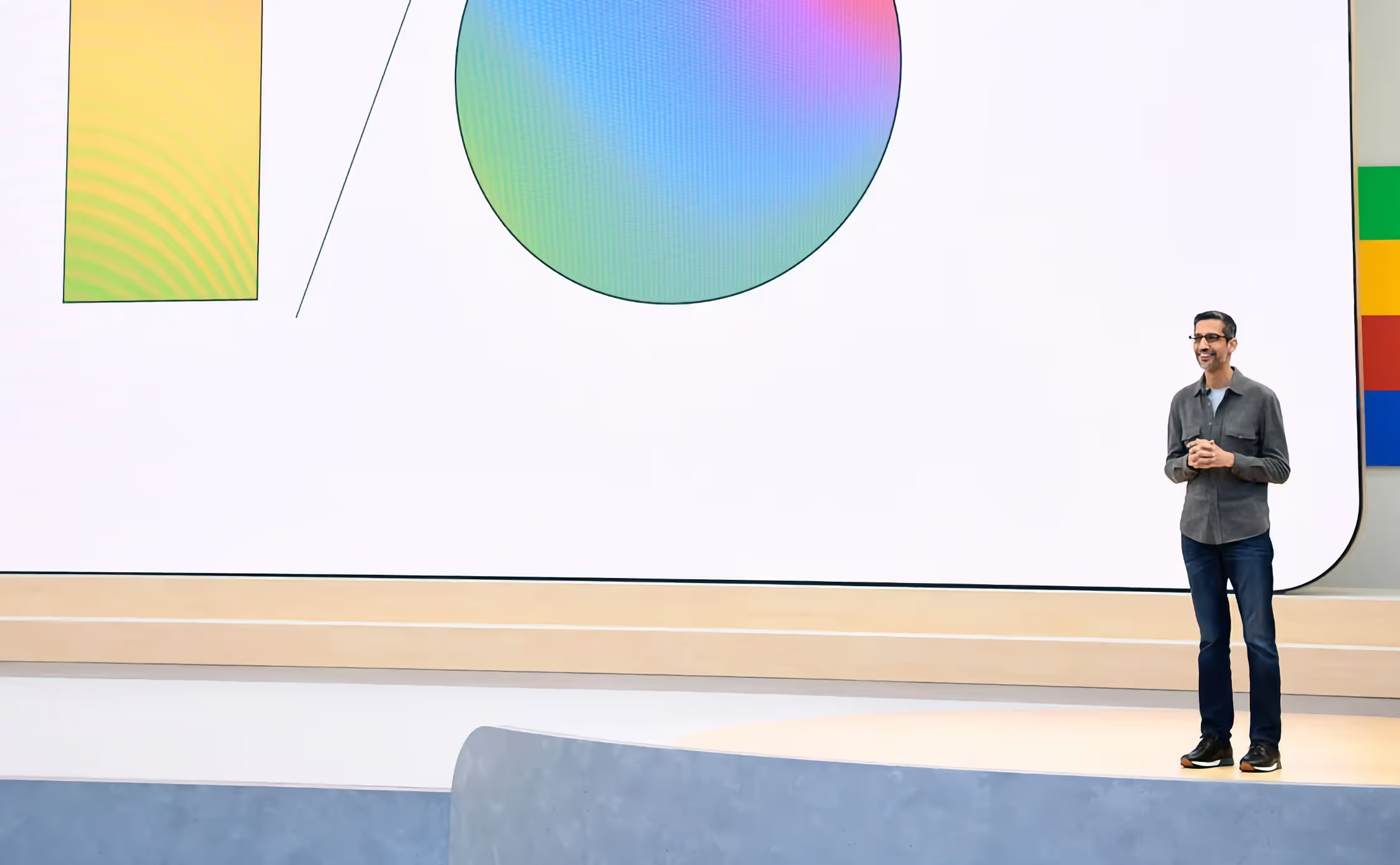Google kicked off its annual I/O developer conference with a clear emphasis on AI, unveiling a suite of new Gemini-powered solutions to empower developers.
Expansion of Google’s Gemini Language Model
Google is expanding its Gemini language model, introducing new tools designed to enhance developer capabilities. Central to this expansion is the public preview of Gemini 1.5 Flash, aimed at high-frequency tasks. Developers can join a waitlist to access a groundbreaking two million context window for Gemini 1.5 Pro.
API Enhancements and New Capabilities
“Streamline workflows and optimize AI-powered applications with 1.5 Flash, our model for high-frequency tasks, accessible through the Gemini API in Google AI Studio,” Google announced. The new models are available in over 200 countries and territories. Additional API enhancements include context caching for improved performance with large prompts, parallel function calling, and support for video frame extraction.
Introducing PaliGemma for Multimodal Tasks
Google is also introducing PaliGemma for multimodal vision-language tasks as part of its Gemma family of open models used to build Gemini. This move aims to foster an open AI ecosystem, with integration across frameworks such as Keras, TensorFlow, PyTorch, JAX, and RAPIDS cuDF. Developers can leverage tools like OpenXLA for accelerated training and LoRA in Keras for efficient model fine-tuning.
Advancements in Google AI Edge and Mobile Deployment
On the AI Edge front, Google is expanding TensorFlow Lite support to enable the direct deployment of PyTorch models to mobile devices. Enhancements will streamline bringing AI models to edge environments like Android and the web. For Android development, Google previewed Gemini in Android Studio to simplify building high-quality apps with AI assistance. Gemini Nano and the new AICore system service will enable on-device language models for low-latency, privacy-preserving experiences on the latest Pixel and Samsung Galaxy devices.
New Features for Android and Web Development
Other Android-related launches include first-class support for Kotlin Multiplatform to share code across platforms, performance optimizations in Jetpack Compose, and AI-powered features like stylus handwriting recognition. For web development, Google teased Gemini Nano integration in Chrome desktop for on-device AI capabilities—of which an early preview program can be joined here. The new Speculation Rules API uses AI to streamline page load times, while View Transitions promise fluid multi-page navigation experiences. Chrome DevTools will also gain AI-powered insights to ease debugging.
Project IDX and Flutter 3.22
For full-stack, multi-platform development, Google opened Project IDX to all without a waitlist. This unified development solution integrates with tools like Chrome DevTools and offers streamlined deployment to Cloud Run. Flutter 3.22 brings performance improvements via Impeller on Android and web compilation support, while updates to Firebase enhance modern app development with features like serverless PostgreSQL connectivity.
Introducing Google Checks for Compliance
Google revealed Checks, an “AI-powered compliance platform” designed to simplify app privacy and compliance workflows during the coding process. This platform aims to assist developers in maintaining high standards of privacy and compliance more efficiently.
Revamped Google Developer Program
The revamped Google Developer Program now offers incentives such as free Gemini access, learning resources, and cloud credits for its communities. “We’re on a mission to help turn your big ideas and existing projects into reality,” Google stated. “Through continued innovation of tools and platforms, let’s build the future together.”
AI Integration Across Developer Tools
With AI infused throughout its latest developer tooling, Google is doubling down on its generative AI ambitions. The goal is to help coders build powerful, intelligent applications across mobile, web, and full-stack platforms.

